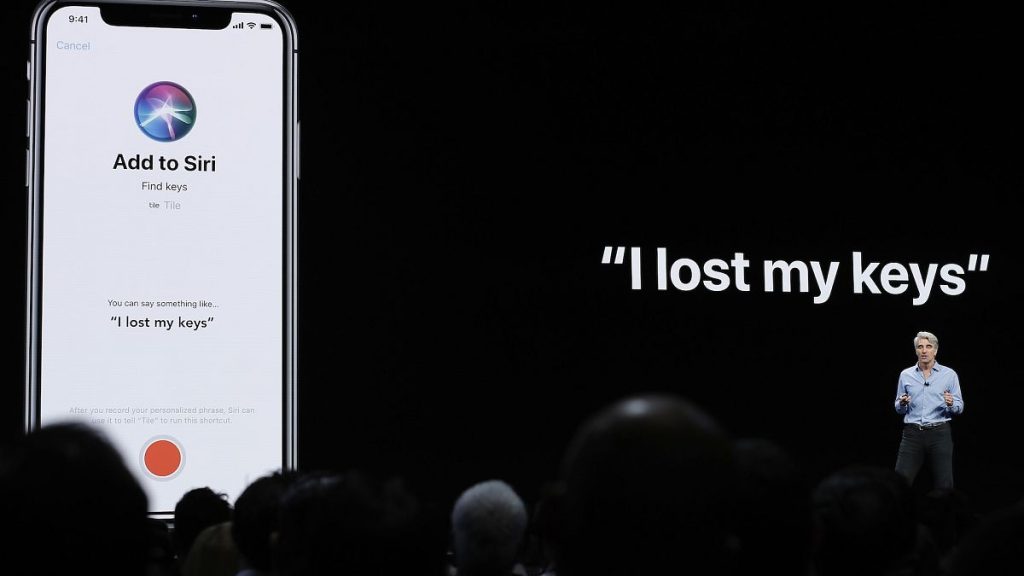This proposed settlement seeks to resolve a class-action lawsuit filed against Apple, alleging that the company’s virtual assistant, Siri, surreptitiously recorded user conversations without their consent. The lawsuit, initiated five years ago, claims that Apple activated Siri on iPhones and other devices even without users uttering the “Hey, Siri” trigger phrase. This unauthorized recording, according to the lawsuit, spanned over a decade, capturing private conversations that were subsequently shared with advertisers for targeted marketing purposes. This practice, the plaintiffs argued, directly contradicted Apple’s public commitment to user privacy, a principle championed by CEO Tim Cook as a fundamental human right. The proposed $95 million settlement, while substantial, represents a relatively small fraction of Apple’s profits during the period in question and a considerably smaller amount than the potential damages had the case gone to trial.
The settlement agreement, filed in a California federal court, does not require Apple to admit any wrongdoing. It awaits approval from US District Judge Jeffrey White, with a hearing scheduled for February 14th to review the terms. If approved, the settlement will encompass tens of millions of consumers who owned Siri-equipped Apple devices between September 17, 2014, and the end of 2022. Eligible individuals can file claims for up to $20 per device, with a maximum of five devices per claimant. The actual payout per device may vary depending on the total number of claims submitted. Court documents estimate that only a small percentage, between 3% and 5%, of eligible consumers are expected to file claims.
The allegations at the heart of this lawsuit paint a picture of Siri as an unwitting eavesdropper, passively listening in on private conversations and transmitting snippets of these recordings to third parties without users’ knowledge or permission. This alleged practice raises serious privacy concerns, especially given the sensitive nature of information often shared in personal conversations. The lawsuit contends that Apple exploited this private information for commercial gain, using the recorded data to build user profiles and target advertising. This alleged breach of trust stands in stark contrast to Apple’s carefully cultivated image as a champion of user privacy, a cornerstone of their marketing and brand identity.
The $95 million settlement, while a significant sum, pales in comparison to the estimated $1.5 billion Apple could have been liable for if found guilty of violating wiretapping and privacy laws. This disparity highlights the inherent risks and uncertainties associated with protracted litigation. For Apple, the settlement offers a way to avoid a potentially damaging public trial and the associated negative publicity, while for the plaintiffs, it provides a measure of compensation for the alleged privacy violation. However, the relatively low expected claim rate suggests that many affected users may remain unaware of the settlement or deem the individual payout insufficient to warrant the effort of filing a claim.
The legal team representing the plaintiffs in this case has requested up to $29.6 million from the settlement fund to cover their fees and expenses. This substantial amount underscores the significant resources required to pursue complex litigation against a corporation as powerful as Apple. The allocation of a significant portion of the settlement to legal fees is a common practice in class-action lawsuits, but it can also raise questions about the proportion of the settlement that ultimately reaches the affected consumers.
This case serves as a stark reminder of the ongoing tension between technological advancement and individual privacy in the digital age. The increasing prevalence of voice-activated assistants and other always-on devices raises important questions about data collection practices and the potential for misuse of personal information. As technology continues to evolve, it becomes increasingly crucial to establish clear legal and ethical guidelines to protect user privacy and ensure that individuals have control over their personal data. This case also highlights the role of class-action lawsuits in holding corporations accountable for their data practices and seeking redress for alleged privacy violations.














